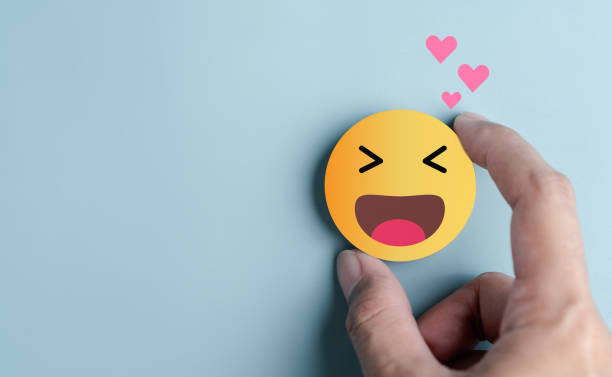Media Manners: When Is Sharing Too Much?
In today’s digital world, sharing moments from our lives has become second nature. From posting photos of family gatherings to broadcasting our thoughts in real-time, we’re constantly contributing to the vast stream of online content.
But with this convenience comes a question: When does sharing become too much?
This is where media manners come into play — the digital etiquette that guides how and when we share content online. In this article, we’ll explore what media manners are, why oversharing can be harmful, and how to practice responsible sharing in the modern age.
What Are Media Manners?
Media manners refer to the ethical and respectful practices around sharing content online. They include how we handle:
- Photos and videos
- Personal stories
- Private information
- Other people’s content
Just like real-life etiquette, media manners help maintain trust, respect, and healthy relationships — even in a digital space.
Media manners are not about censorship. Instead, they’re about being thoughtful and considerate before hitting that “post” button.
Why Does Oversharing Matter?
Oversharing can lead to:
- Damaged relationships
- Privacy breaches
- Emotional harm
- Reputational risks
For example, posting a friend’s embarrassing photo without permission may seem funny at first, but it can lead to lasting hurt or conflict . Similarly, sharing too much personal information can make you vulnerable to scams or identity theft .
The problem with oversharing is that once content is online, it can be difficult to control . It may be screenshotted, shared again, or used in ways you never intended.
When Does Media Sharing Cross the Line?
Here are some signs that media sharing has gone too far :
Examples of Oversharing:
- Posting private family moments without consent
- Sharing sensitive health updates publicly
- Reposting someone else’s content without credit
- Broadcasting every detail of your day on social media
Impact on Relationships:
- Erodes trust
- Invades personal boundaries
- Causes embarrassment or shame
Social and Legal Consequences:
- Violates platform policies
- Can lead to cyberbullying
- May result in legal action for defamation or harassment
How to Practice Responsible Media Sharing
To maintain good media manners, follow these simple guidelines :
- Ask Before You Share: Especially when it involves others.
- Think Before You Post: Will this hurt someone? Is it necessary?
- Respect Privacy Settings: Don’t share screenshots or personal messages.
- Use Discretion with Sensitive Content: Health, trauma, or family drama should be shared privately, if at all.
- Educate Yourself on Platform Rules: Know what’s allowed and what’s not.
By being intentional with your sharing, you protect not only your own digital footprint but also the privacy and dignity of others .
Media Manners for the Digital Generation
For parents and educators , teaching media manners is essential. Start early by:
- Discussing the impact of digital footprints
- Setting clear boundaries for sharing
- Modeling responsible behavior online
Encourage children to pause and reflect before posting. Remind them: Once it’s online, it’s hard to take back.
You can also:
- Use parental controls to manage content sharing
- Teach teens about digital consent and respect
- Encourage them to think about how their posts might affect others
FAQ: Your Media Manners Questions Answered
Q: What are media manners?
A: Media manners refer to the ethical and respectful practices around sharing content online, including photos, videos, and personal information.
Q: How can I tell if I’m oversharing online?
A: If you’re frequently posting personal updates, private moments, or others’ content without permission, you may be oversharing.
Q: Why is it important to respect others’ media privacy?
A: Respecting privacy helps maintain trust, prevents embarrassment or harm, and upholds digital etiquette.
Q: Can sharing too much online be dangerous?
A: Yes, oversharing can lead to identity theft, cyberbullying, and damage to personal or professional relationships.
Q: How do I talk to someone about oversharing?
A: Approach the person kindly and clearly explain how the content makes you feel. Use “I” statements to avoid sounding accusatory.
Q: Is it okay to share someone else’s post?
A: Always ask permission before reposting someone else’s content, especially if it includes personal or sensitive information.
Q: What should I do if someone shares something private about me?
A: Politely ask them to remove it. If they refuse, report the post to the platform and request its removal.
Final Thoughts
In a world where every post can be seen globally , media manners are more important than ever. By practicing thoughtful, respectful sharing , we can protect relationships, preserve privacy, and promote a healthier digital environment.
So the next time you go to share something online, ask yourself: Is this kind? Is this necessary? Is this respectful?
Because when it comes to media, less is often more.





